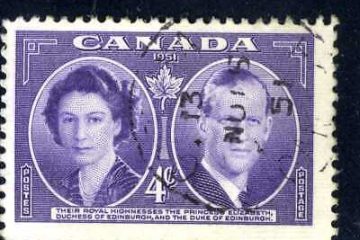The Controversial Legacy of Lee Harvey Oswald
Introduction
Lee Harvey Oswald remains one of the most debated figures in American history, known primarily for his alleged role as the assassin of President John F. Kennedy on November 22, 1963. The events surrounding Kennedy’s assassination not only shocked the nation but also spurred conspiracy theories that continue to captivate the public imagination. Understanding Oswald’s life and actions is crucial in comprehending the impact of that tragic day and the historical landscape of the 1960s.
Oswald’s Early Life and Background
Born on October 18, 1939, in New Orleans, Louisiana, Oswald faced a troubled childhood, marked by frequent moves and a turbulent family life. His mother, a single parent, struggled to provide for him and his siblings. Oswald’s later involvement in the U.S. Marine Corps and his subsequent defection to the Soviet Union further complicated his legacy. Disenchanted with American politics, he sought to embrace communism, which played a significant role in shaping his worldview.
The Assassination of President Kennedy
The assassination of President Kennedy in Dallas, Texas, thrust Oswald into the national spotlight. According to the official investigation by the Warren Commission, Oswald acted alone, firing three shots from the sixth floor of the Texas School Book Depository. The commission’s findings concluded that Oswald was apprehended after being identified as the shooter. However, the narrative began to fray as several conspiracy theories emerged, questioning whether Oswald was indeed the lone gunman or a scapegoat for more sinister motives.
Controversies and Theories
The theories surrounding Oswald’s involvement in the assassination range from him being a part of a larger conspiracy involving the CIA or the Mafia to claims of him being an innocent pawn caught in a web of political intrigue. The assassination, coupled with Oswald’s own murder two days later by nightclub owner Jack Ruby, has only intensified speculation and debate. Books, documentaries, and films continue to examine and re-examine Oswald’s life, the circumstances of the assassination, and the subsequent investigations.
Conclusion
Lee Harvey Oswald’s actions on that fateful day have left an indelible mark on American history, serving as a catalyst for numerous discussions about political power, justice, and the truth behind pivotal events. While officially regarded as the man who killed JFK, Oswald’s life and death raise complex questions about responsibility and perception in the public eye. As historians and enthusiasts continue to dissect the events of 1963, Oswald will undeniably remain a significant figure, both as a symbol of tragedy and as a topic for ongoing research and reflection.





